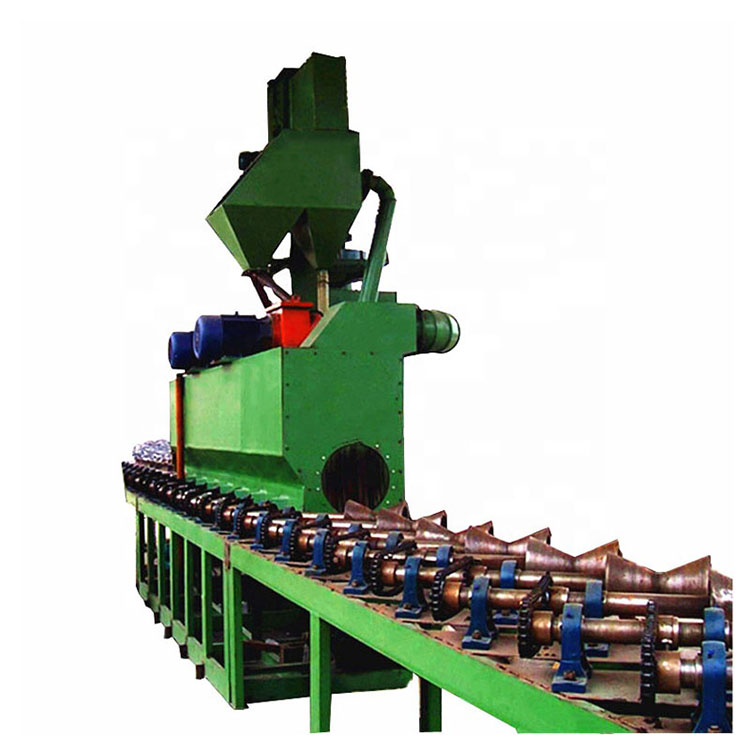 English
English Español
Español  Português
Português  русский
русский  Français
Français  日本語
日本語  Deutsch
Deutsch  tiếng Việt
tiếng Việt  Italiano
Italiano  Nederlands
Nederlands  ภาษาไทย
ภาษาไทย  Polski
Polski  한국어
한국어  Svenska
Svenska  magyar
magyar  Malay
Malay  বাংলা ভাষার
বাংলা ভাষার  Dansk
Dansk  Suomi
Suomi  हिन्दी
हिन्दी  Pilipino
Pilipino  Türkçe
Türkçe  Gaeilge
Gaeilge  العربية
العربية  Indonesia
Indonesia  Norsk
Norsk  تمل
تمل  český
český  ελληνικά
ελληνικά  український
український  Javanese
Javanese  فارسی
فارسی  தமிழ்
தமிழ்  తెలుగు
తెలుగు  नेपाली
नेपाली  Burmese
Burmese  български
български  ລາວ
ລາວ  Latine
Latine  Қазақша
Қазақша  Euskal
Euskal  Azərbaycan
Azərbaycan  Slovenský jazyk
Slovenský jazyk  Македонски
Македонски  Lietuvos
Lietuvos  Eesti Keel
Eesti Keel  Română
Română  Slovenski
Slovenski  मराठी
मराठी  Srpski језик
Srpski језик  简体中文
简体中文  Esperanto
Esperanto  Afrikaans
Afrikaans  Català
Català  שפה עברית
שפה עברית  Cymraeg
Cymraeg  Galego
Galego  繁体中文
繁体中文  Latviešu
Latviešu  icelandic
icelandic  ייִדיש
ייִדיש  беларускі
беларускі  Hrvatski
Hrvatski  Kreyòl ayisyen
Kreyòl ayisyen  Shqiptar
Shqiptar  Malti
Malti  lugha ya Kiswahili
lugha ya Kiswahili  አማርኛ
አማርኛ  Bosanski
Bosanski  Frysk
Frysk  ភាសាខ្មែរ
ភាសាខ្មែរ  ქართული
ქართული  ગુજરાતી
ગુજરાતી  Hausa
Hausa  Кыргыз тили
Кыргыз тили  ಕನ್ನಡ
ಕನ್ನಡ  Corsa
Corsa  Kurdî
Kurdî  മലയാളം
മലയാളം  Maori
Maori  Монгол хэл
Монгол хэл  Hmong
Hmong  IsiXhosa
IsiXhosa  Zulu
Zulu  Punjabi
Punjabi  پښتو
پښتو  Chichewa
Chichewa  Samoa
Samoa  Sesotho
Sesotho  සිංහල
සිංහල  Gàidhlig
Gàidhlig  Cebuano
Cebuano  Somali
Somali  Тоҷикӣ
Тоҷикӣ  O'zbek
O'zbek  Hawaiian
Hawaiian  سنڌي
سنڌي  Shinra
Shinra  Հայերեն
Հայերեն  Igbo
Igbo  Sundanese
Sundanese  Lëtzebuergesch
Lëtzebuergesch  Malagasy
Malagasy  Yoruba
Yoruba
Factors affecting the cleaning effect of the shot blasting machine
2021-08-23
Some manufacturers have purchased shot blasting machines. But after using it for a period of time, they found that the thrown parts did not achieve the expected effect. At first, some manufacturers thought it was a quality problem with the shot blasting machine, but after a later investigation, it was not a problem with the equipment. The effect of this cleaning is related. The reasons and solutions for the poor cleaning effect are listed below.

Some reasons and countermeasures for poor cleaning effect
1. The projectile fan-shaped projection angle is not aligned with the workpiece to be cleaned.
Adjust the position of the shot blaster control cage window so that the abrasive can be projected onto the part
2. Insufficient abrasive, prolonged cleaning time
Add steel grit and check the steel grit circulation system
3. Abrasive impurities are mixed with impurities to block the abrasive channel
In order to remove impurities in the abrasive, the abrasive should be sieved before adding.
4. Excessive wear at the outlet of the shot blasting control cage
Check the control cage regularly and replace it if it is severely worn
5. Excessive wear of distributor reduces nine effects
Regularly check the dispenser and replace it in time
6. The abrasive contains waste sand and excessive dust
Dredge the dust collector system pipeline in time to avoid pipeline blockage and greatly reduce the abrasive separation effect. The bucket elevator belt is loose and the distributor is lower than the rated speed, which reduces the blasting and abrasive kinetic energy.
The relationship between abrasive hardness and cleaning effect
We know that the treatment effect of the workpiece is not only related to the hardness of the abrasive, but also related to the type and shape of the abrasive. For example, the rust removal efficiency of abrasives with irregular surfaces is higher than that of round abrasives, but the surface is rougher. Therefore, when consumers choose rust removal abrasives, they must start with the model, hardness, specification, and shape of the abrasives according to their actual needs.

Some reasons and countermeasures for poor cleaning effect
1. The projectile fan-shaped projection angle is not aligned with the workpiece to be cleaned.
Adjust the position of the shot blaster control cage window so that the abrasive can be projected onto the part
2. Insufficient abrasive, prolonged cleaning time
Add steel grit and check the steel grit circulation system
3. Abrasive impurities are mixed with impurities to block the abrasive channel
In order to remove impurities in the abrasive, the abrasive should be sieved before adding.
4. Excessive wear at the outlet of the shot blasting control cage
Check the control cage regularly and replace it if it is severely worn
5. Excessive wear of distributor reduces nine effects
Regularly check the dispenser and replace it in time
6. The abrasive contains waste sand and excessive dust
Dredge the dust collector system pipeline in time to avoid pipeline blockage and greatly reduce the abrasive separation effect. The bucket elevator belt is loose and the distributor is lower than the rated speed, which reduces the blasting and abrasive kinetic energy.
The relationship between abrasive hardness and cleaning effect
We know that the treatment effect of the workpiece is not only related to the hardness of the abrasive, but also related to the type and shape of the abrasive. For example, the rust removal efficiency of abrasives with irregular surfaces is higher than that of round abrasives, but the surface is rougher. Therefore, when consumers choose rust removal abrasives, they must start with the model, hardness, specification, and shape of the abrasives according to their actual needs.
X
We use cookies to offer you a better browsing experience, analyze site traffic and personalize content. By using this site, you agree to our use of cookies.
Privacy Policy


